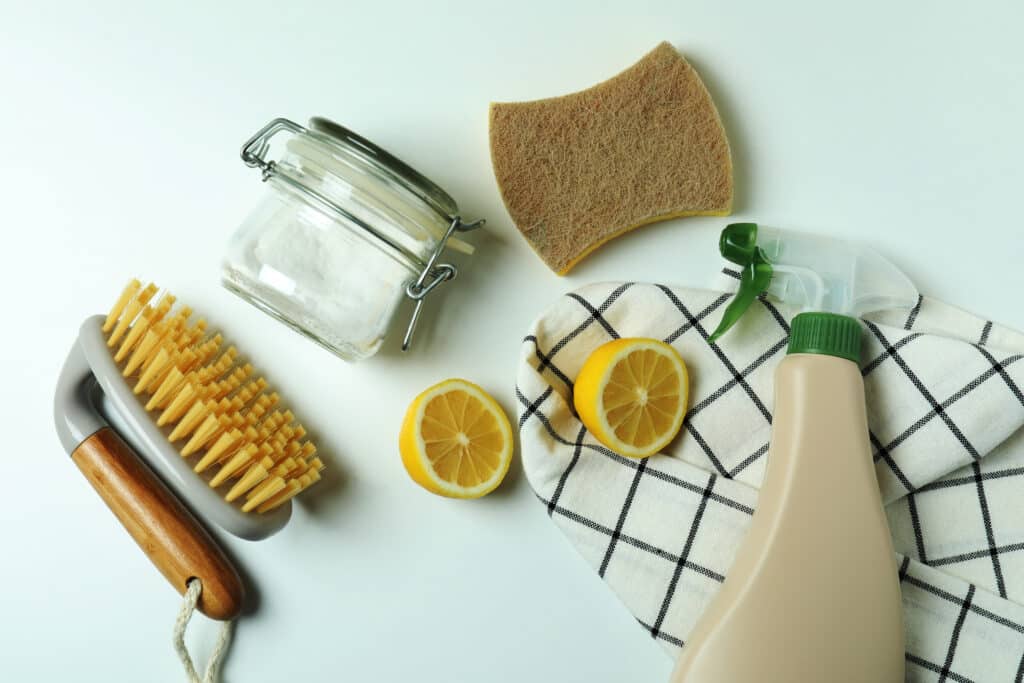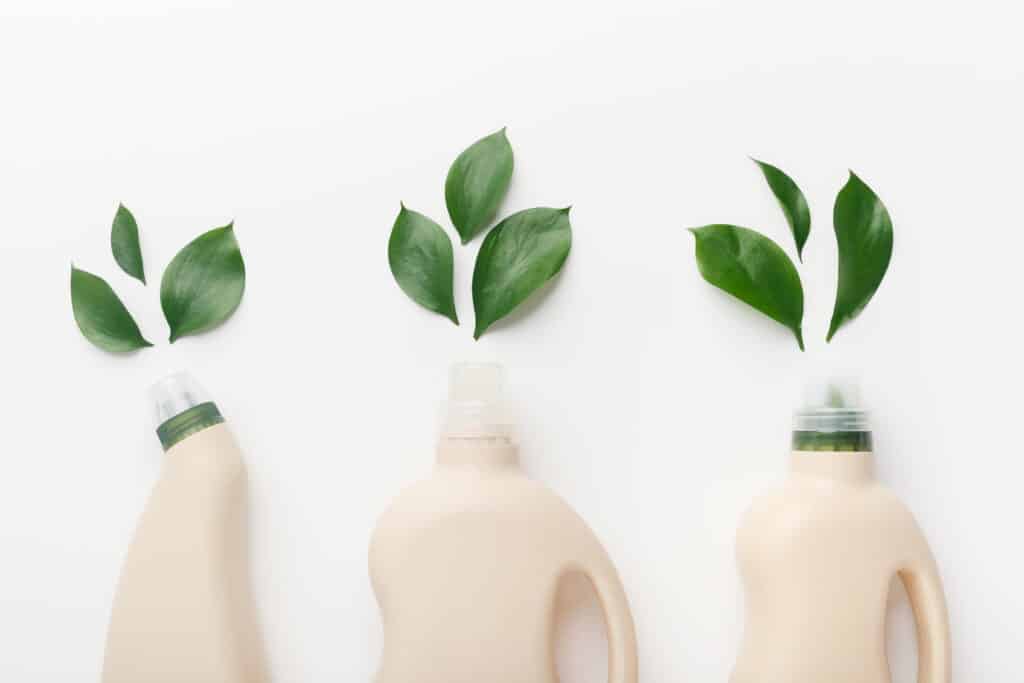With every step closer to a healthier environment, our commitment to green practices extends to all aspects of our lives, including cleaning. As more and more eco-friendly cleaning products hit store shelves, so do the controversies surrounding them. Thus, with the rise in popularity, a number of myths and misconceptions are emerging about the effectiveness, cost, availability, utility and versatility of eco-friendly cleaning products. So let’s take a closer look and delve into each of these myths and debunk them with evidence-based facts.
Eco-friendly Cleaning Products Are Ineffective
People often claim that natural ingredients such as vinegar and baking soda do not have the cleaning power of artificially created products. However, numerous studies have proven otherwise. For example, a study published in the International Journal of Food Microbiology found that vinegar effectively kills a number of foodborne pathogens, including E. coli and salmonella. In addition, other study has highlighted the antibacterial properties of essential oils commonly used in organic cleaning products. These natural ingredients have powerful cleaning properties without the harmful effects associated with synthetic chemicals.

Myth 2: Eco-Friendly Cleaning Is Expensive
While some green cleaning products may have a higher initial cost than their chemical counterparts, they often provide better long-term value. Many eco-friendly products have concentrated formulations, meaning less product needs to be used per cleaning. A study in Chemosphere found that many common cleaning products contain harmful chemicals that can negatively affect indoor air quality and pose health risks. In contrast, eco-friendly products include natural ingredients that are safer for humans and the environment. In addition, it can be stated that using eco-friendly cleaning products can lead to cost savings by reducing the need for costly medical interventions related to chemical exposure.
Myth 3: Eco-Friendly Cleaners Are Hard to Find
Despite popular belief, eco-friendly cleaning products are becoming more widespread and affordable. Major retail chains such now offer a wide selection of eco-friendly cleaning products, making them readily available to consumers. In addition, online marketplaces provide convenient access to eco-friendly cleaning products from a variety of brands. Moreover, many traditional cleaning brands have expanded their product lines to include eco-friendly alternatives, reflecting the growing demand for sustainable cleaning products.
Myth 4: Eco-Friendly Cleaning Is Time-Consuming
While it’s true that some DIY eco-friendly cleaning solutions may require a bit more effort, their benefits far outweigh the extra time spent. Eco-friendly cleaning products are safer and produce fewer harmful volatiles, making them ideal for households with children and pets. In addition, many eco-friendly cleaning methods are multi-purpose, meaning you can use the same product for multiple cleaning jobs, saving you time and effort in the long run. For example, a study published in the Environmental Public Health Journal found that vinegar-based cleaners effectively remove biofilms from surfaces, reducing the need for frequent deep cleaning.
Myth 5: Limited Applications of Eco-Friendly Cleaners
There is a misconception that green cleaning products have a limited range of use and are only suitable for cleaning certain surfaces or materials. In reality, eco-friendly cleaners come in a wide range of formulations designed for different cleaning needs. From all-purpose cleaners and dishwashing detergents to laundry detergents and glass cleaners, there is an eco-friendly alternative for virtually every cleaning need. Many eco-friendly cleaners are made to be safe for use on a variety of surfaces, including countertops, floors, appliances and fabrics.

Conclusion
While some may perceive eco-friendly cleaning as time-consuming and complicated, the benefits of safer ingredients and multi-purpose formulations outweigh any drawbacks. These products clean effectively and contribute to a cleaner, healthier future for ourselves and generations to come.